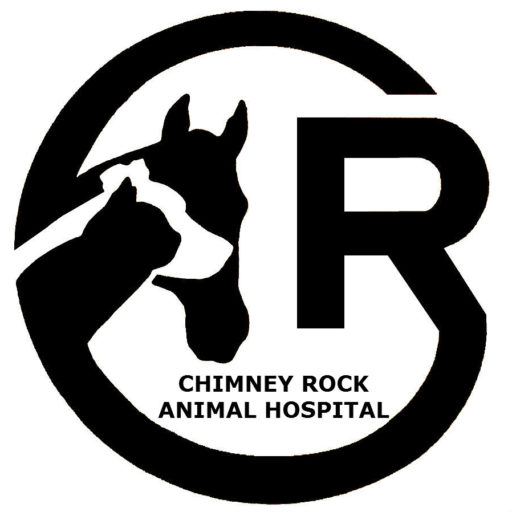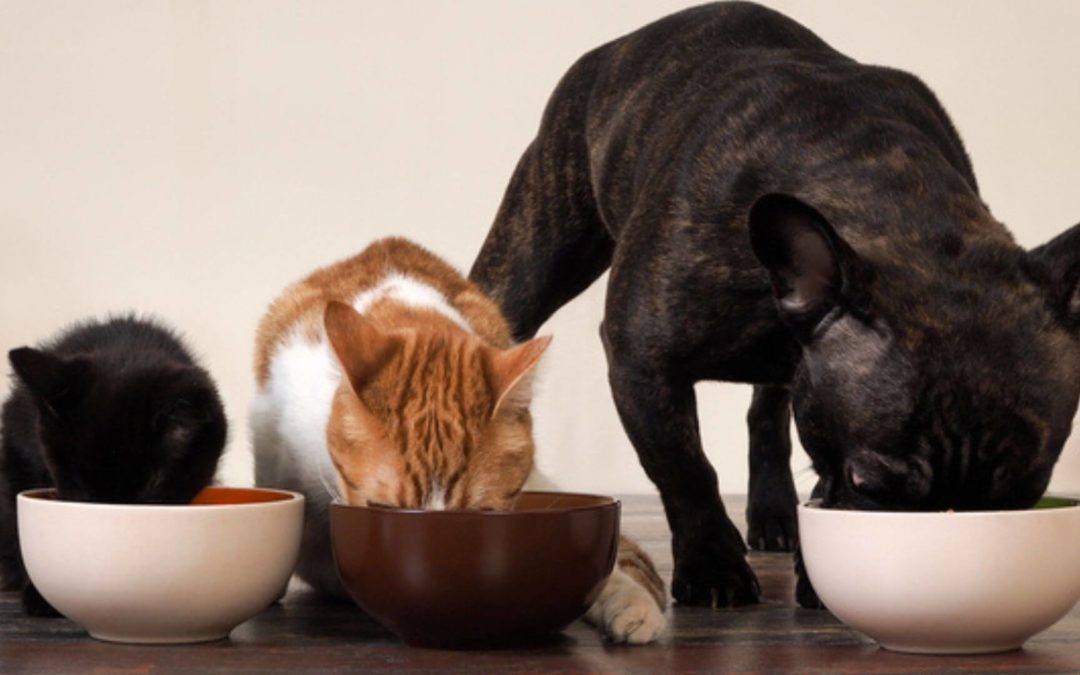Given the recent media presence, many pet owners have seen stories online or in the news regarding feeding grain free, boutique, and exotic diets for their pets and the associated potential risks for heart disease. Over the last two years, the Food and Drug Association (FDA) has been investigating more than 550 cases in pets, where they developed a specific heart condition while being fed these types of diets. Though there are currently many open questions regarding the underlying reasons, there is important information to consider if you are currently feeding these diets to your animals or are considering a transition.
How did this all start?
In the past two years, the FDA has seen an alarming increase in dogs developing dilated cardiomyopathy (DCM) that don’t have genetic predisposition to the disease. Majority of these dogs were fed one of the types of diets described above, though there have been other homemade, vegetarian, and vegan diets that produced similar results, though at much lower numbers.
What is DCM?
Dilated cardiomyopathy (DCM) is a disease of the heart muscle where the chambers of the heart become enlarged and the muscle becomes weakened. This leads to decreased blood flow to the body and can progress to heart failure (buildup of fluid in the lungs/body). If found early for patients who aren’t genetically predisposed to DCM, heart function can be improved with dietary adjustments and medications.
What about these diets could be causing the issue?
At first, researchers were concerned with a specific amino acid called taurine, which has been linked to heart disease development in dogs and cats. There seems to be a population of dogs fed these diets that are taurine deficient, but a significant portion of dogs had normal taurine levels in their blood. Testing taurine levels and possible supplementation is recommended for any dog who has been diagnosed with possible food-related DCM.
The FDA is currently most concerned with diets that contain high concentrations/ratios of legumes, other legume seeds (pulses), or potatoes as main ingredients.
- Common legumes are peas, beans, lentils, chickpeas, soybeans, and peanuts. Pulses are dried, edible seeds from these same plants (dried peas, dried beans, etc.).
- The FDA considers a ‘main ingredient’ to be the first 10 ingredients listed in the food’s ingredient list before the first vitamin or mineral.
What can I do as a pet owner?
Currently, the FDA recommends speaking with your veterinarian when considering a diet change. Due to the unknown associated risks with these diets, most veterinary cardiologists are recommending changing your dog’s diet whenever possible to a diet made by a well-established manufacturer that contains standard ingredients (rice, beef, corn, chicken, and wheat). At Chimney Rock Animal Hospital, we recommend the following brands: Purina, Science Diet, Iam’s, Eukanuba, and Royal Canin. The FDA has released a list of diets that have been reported and are under investigation that can be accessed here. It is important to note that even diets not labeled as ‘grain-free’ can contain high levels of legumes or potatoes, so we also recommend checking the label on your dog’s current food. The first step in assessing the quality of a food is to look for the AAFCO (Association of American Feed Control Officials) label on your pet’s food, indicating that it meets the standards set by this group using feeding trials and nutrient analysis.
In conclusion…
Unfortunately, this is an ongoing issue that will require owners, veterinarians, and government officials to work together to further investigate the links between DCM and grain-free, boutique, and exotic foods. As always, please contact your veterinarian or a board-certified veterinary nutritionist regarding any questions or concerns when considering quality nutrition for your pet.
Dr. Rianne Decker
Resources and links:
FDA Investigation into Potential Link between Certain Diets and Canine Dilated Cardiomyopathy and Frequently Asked Questions
WSAVA Global Nutrition Committee-Recommendations on Selecting Pet Foods
WSAVA’s Savvy Dog Owner’s Guide to Nutrition on the Internet and the Feline Version

